Locations in Eatonton and Madison, GA
Serving Rockdale, Newton, Walton, Morgan, Oconee, Dekalb, Jasper, Clarke, Putnam, and Greene Counties
Call Today!
5 Signs It's Time to Upgrade Your HVAC System: A Guide for Homeowners
Your HVAC (Heating, Ventilation, and Air Conditioning) system is essential for maintaining comfort in your home throughout the year. However, like any mechanical system, it has a lifespan and may eventually need to be upgraded. Recognizing the signs that indicate it's time for an upgrade can save you from unexpected breakdowns, high energy bills, and discomfort. In this article, we'll explore five key signs that suggest it's time to invest in a new HVAC system for your home.
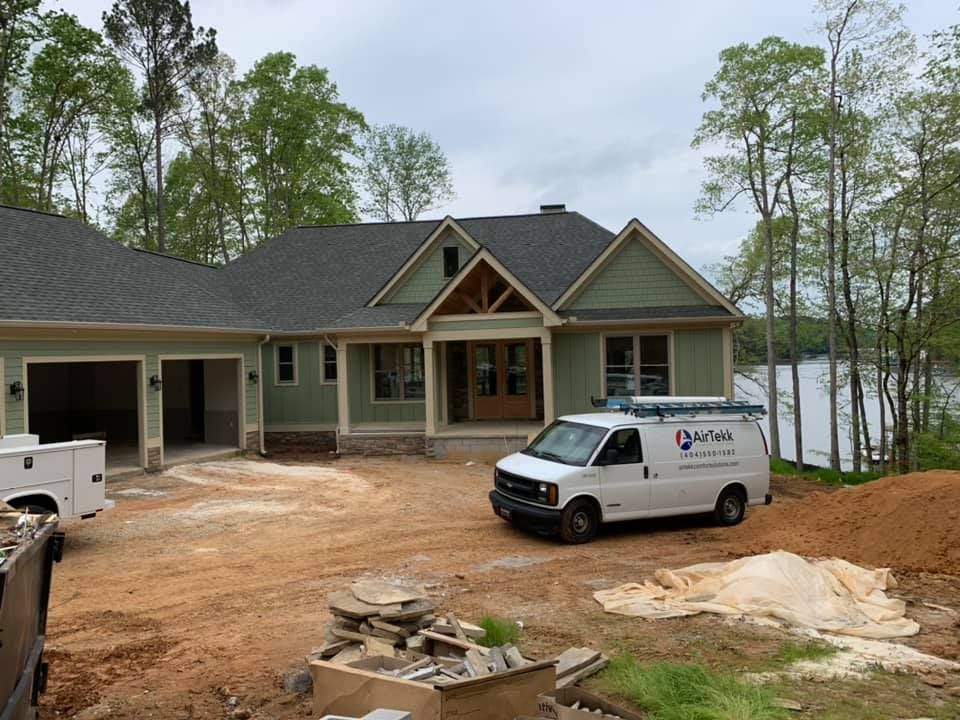
- Age of the System:
- The age of your HVAC system is a crucial factor in determining whether it's time for an upgrade. Most HVAC systems have a lifespan of 10 to 15 years for furnaces and 15 to 20 years for air conditioners with proper maintenance. If your system is approaching or exceeding these age ranges, it's likely operating at reduced efficiency and experiencing more frequent breakdowns. Investing in a new, energy-efficient system can provide better performance and reliability.
- Rising Energy Bills:
- Have you noticed a steady increase in your energy bills despite consistent usage patterns? This could be a sign that your HVAC system is no longer operating efficiently. As systems age, they become less energy-efficient, leading to higher energy consumption and increased utility costs. Upgrading to a newer model with higher energy efficiency ratings, such as ENERGY STAR® certified equipment, can help lower your energy bills and save you money in the long run.
- Frequent Repairs:
- Are you constantly calling for HVAC repairs? A system that requires frequent repairs is not only a hassle but also a drain on your finances. As HVAC systems age, components wear out and become more prone to failure. If you find yourself facing repair bills more frequently, it may be more cost-effective to invest in a new system rather than continuing to patch up the old one. A new system will provide reliable performance and peace of mind, with fewer unexpected breakdowns.
- Inconsistent Comfort:
- Are certain rooms in your home consistently too hot or too cold? Inconsistent heating or cooling throughout your home can indicate that your HVAC system is struggling to maintain comfort levels. This could be due to aging equipment, inadequate sizing, or ductwork issues. Upgrading to a properly sized and balanced HVAC system, possibly with zoning capabilities, can ensure consistent comfort throughout your home, regardless of the season.
- Loud or Strange Noises:
- Unusual noises coming from your HVAC system, such as banging, rattling, or squealing, are often signs of underlying issues. These noises could indicate worn-out components, loose parts, or impending failures. Ignoring these warning signs can lead to more extensive damage and costly repairs. If your HVAC system is making unusual noises, it's best to have it inspected by a professional. In many cases, upgrading to a new system may be the most cost-effective solution.
As a homeowner, recognizing the signs that indicate it's time to upgrade your HVAC system is crucial for maintaining comfort, efficiency, and peace of mind. By paying attention to the age of your system, rising energy bills, frequent repairs, inconsistent comfort, and unusual noises, you can make an informed decision about when to invest in a new HVAC system. Consult with a qualified HVAC contractor to evaluate your options and choose the best system for your home's needs. With a modern, energy-efficient HVAC system, you can enjoy improved comfort, lower energy bills, and greater reliability for years to come.

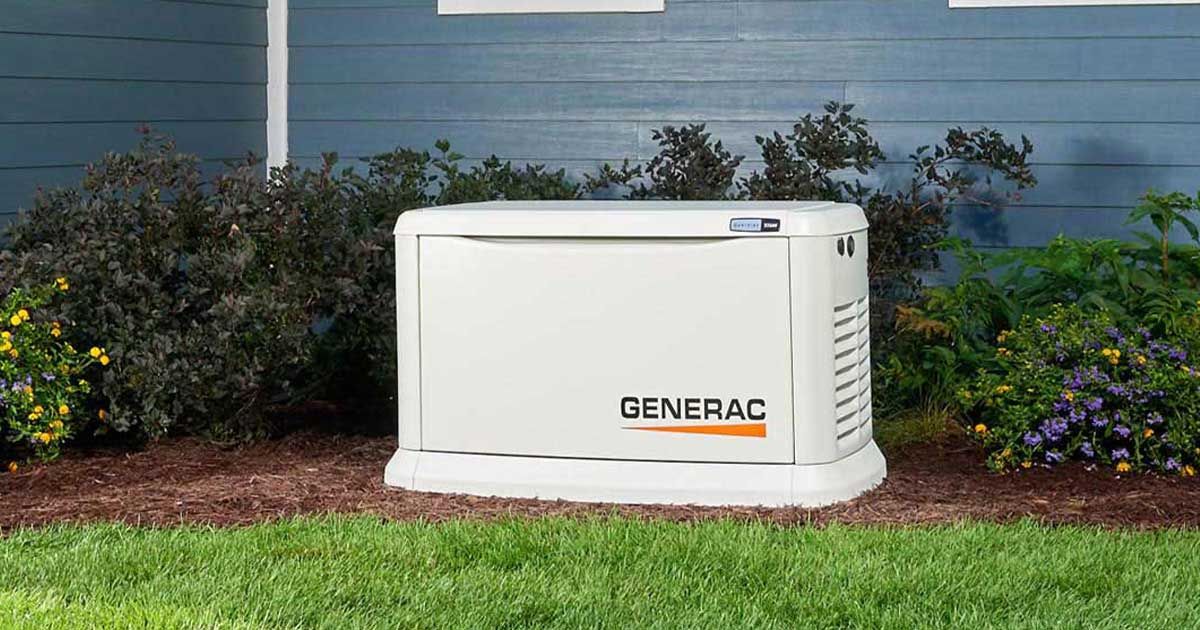
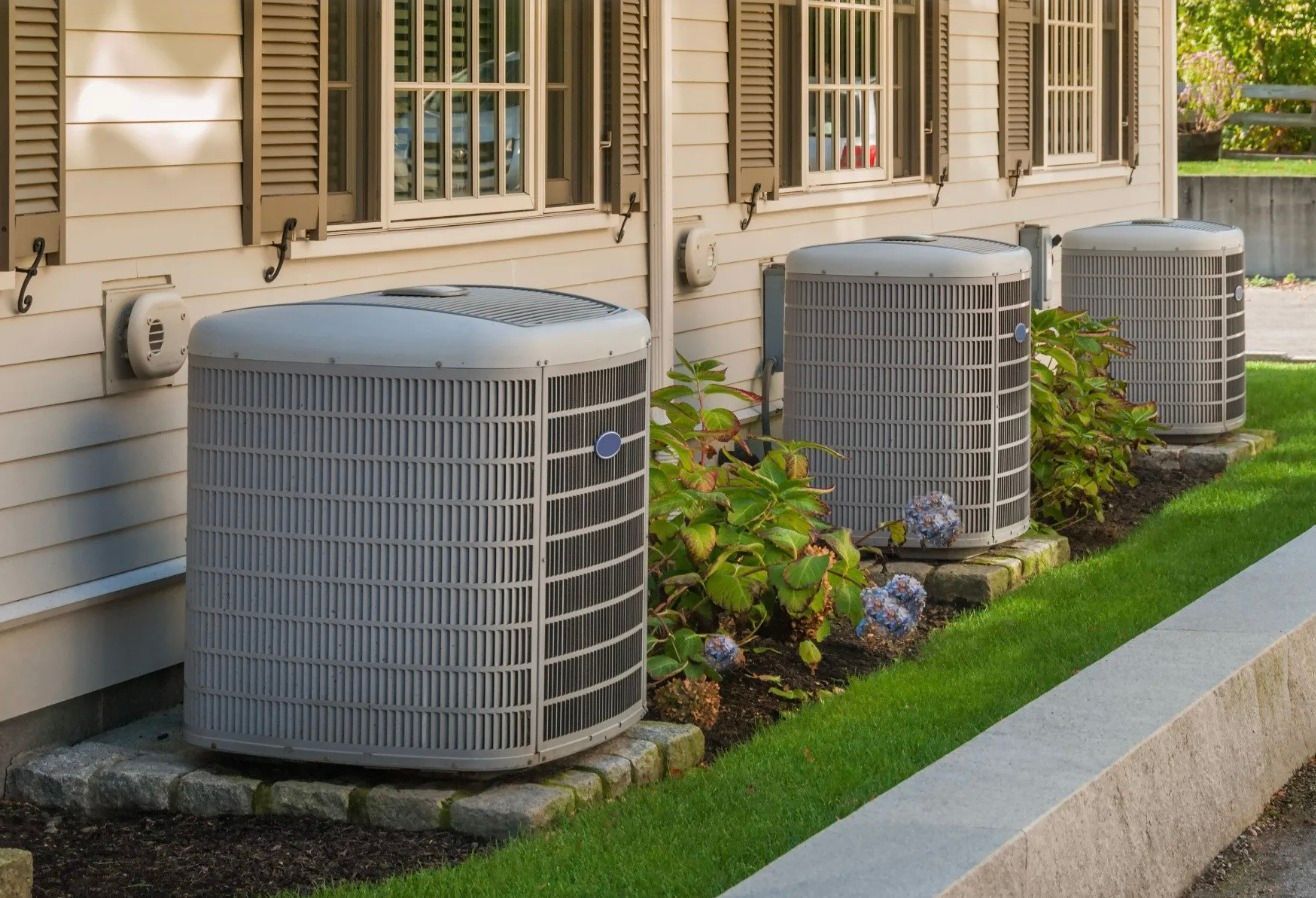
HOURS
SERVING
Rockdale County, Newton County, Walton County, Morgan County, Oconee County, Dekalb County, Jasper County, Clarke County, Putnam County and Greene County and Surrounding Areas
CONTACT US
State License #CR 110122

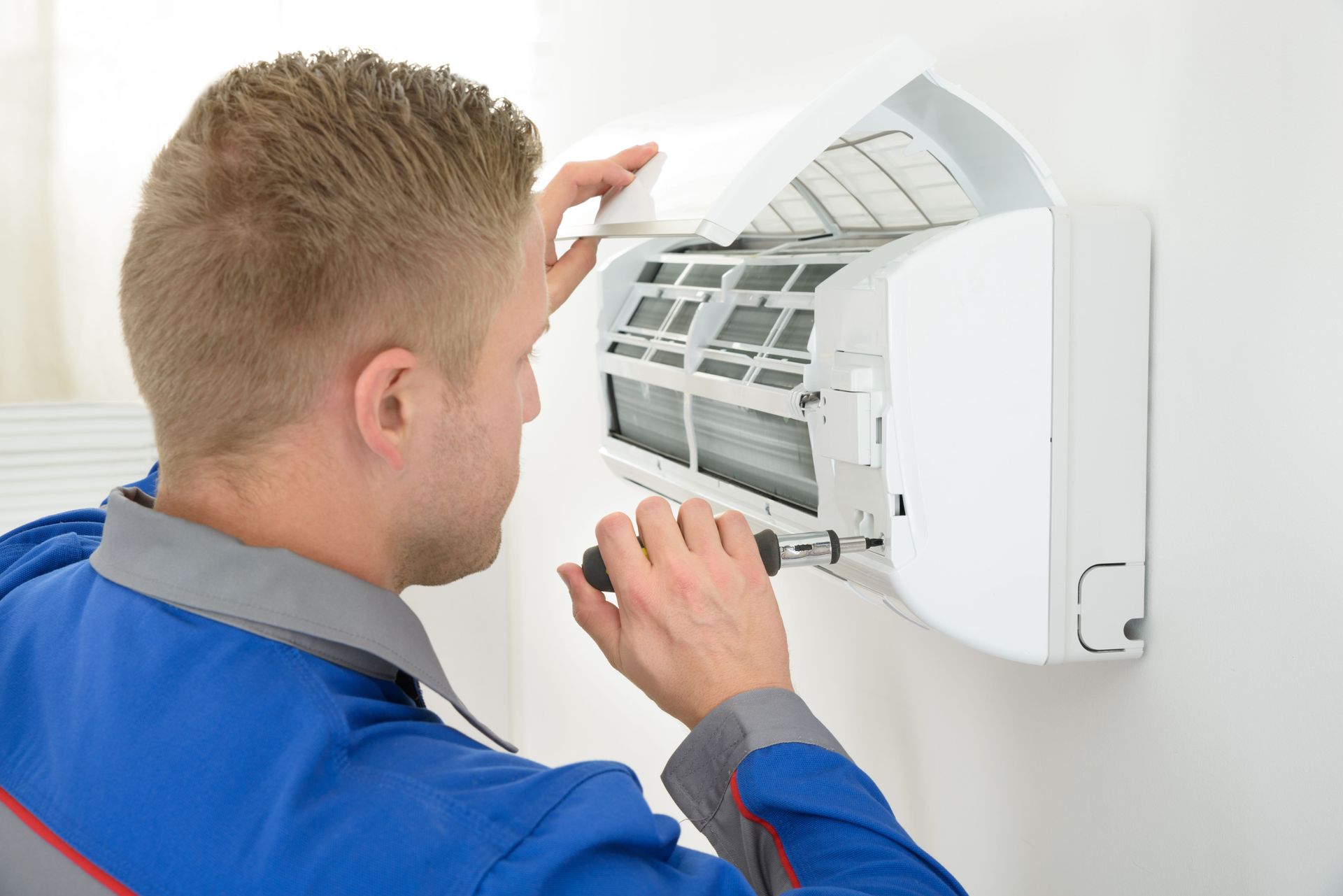
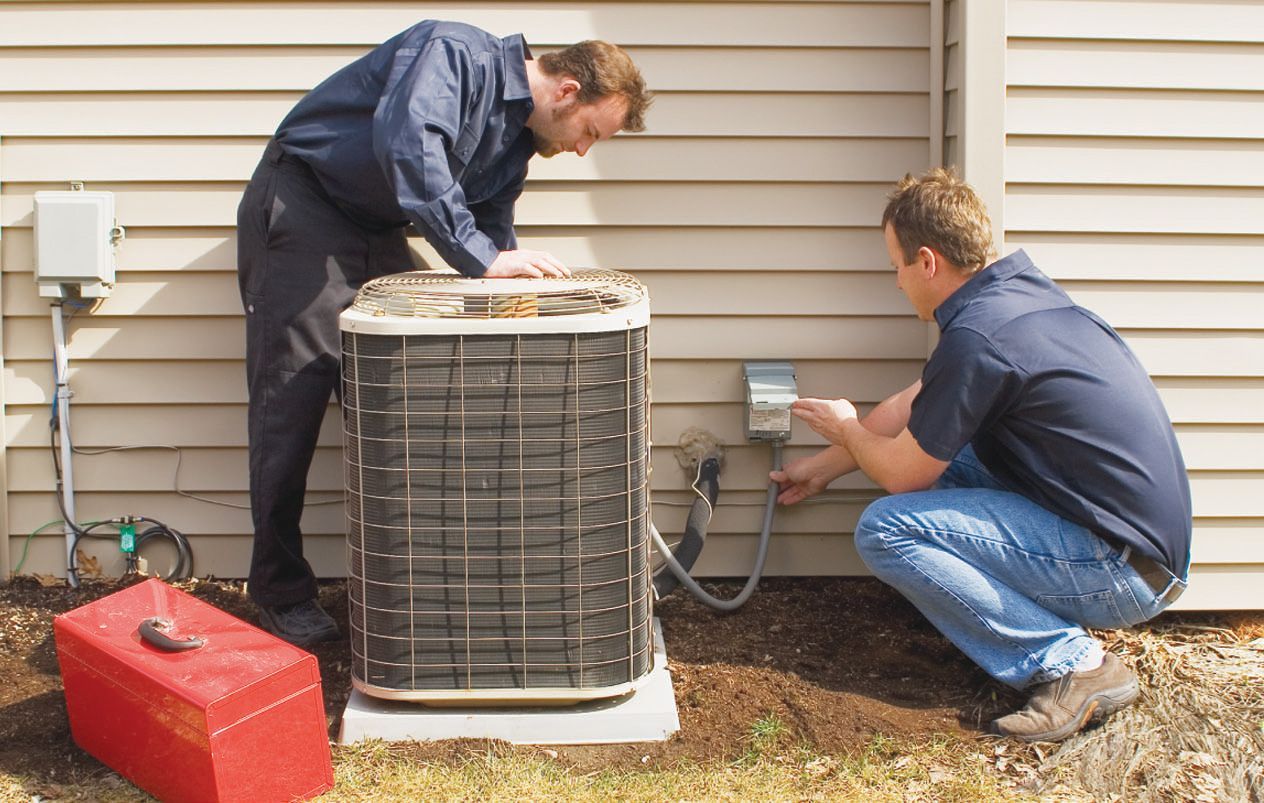
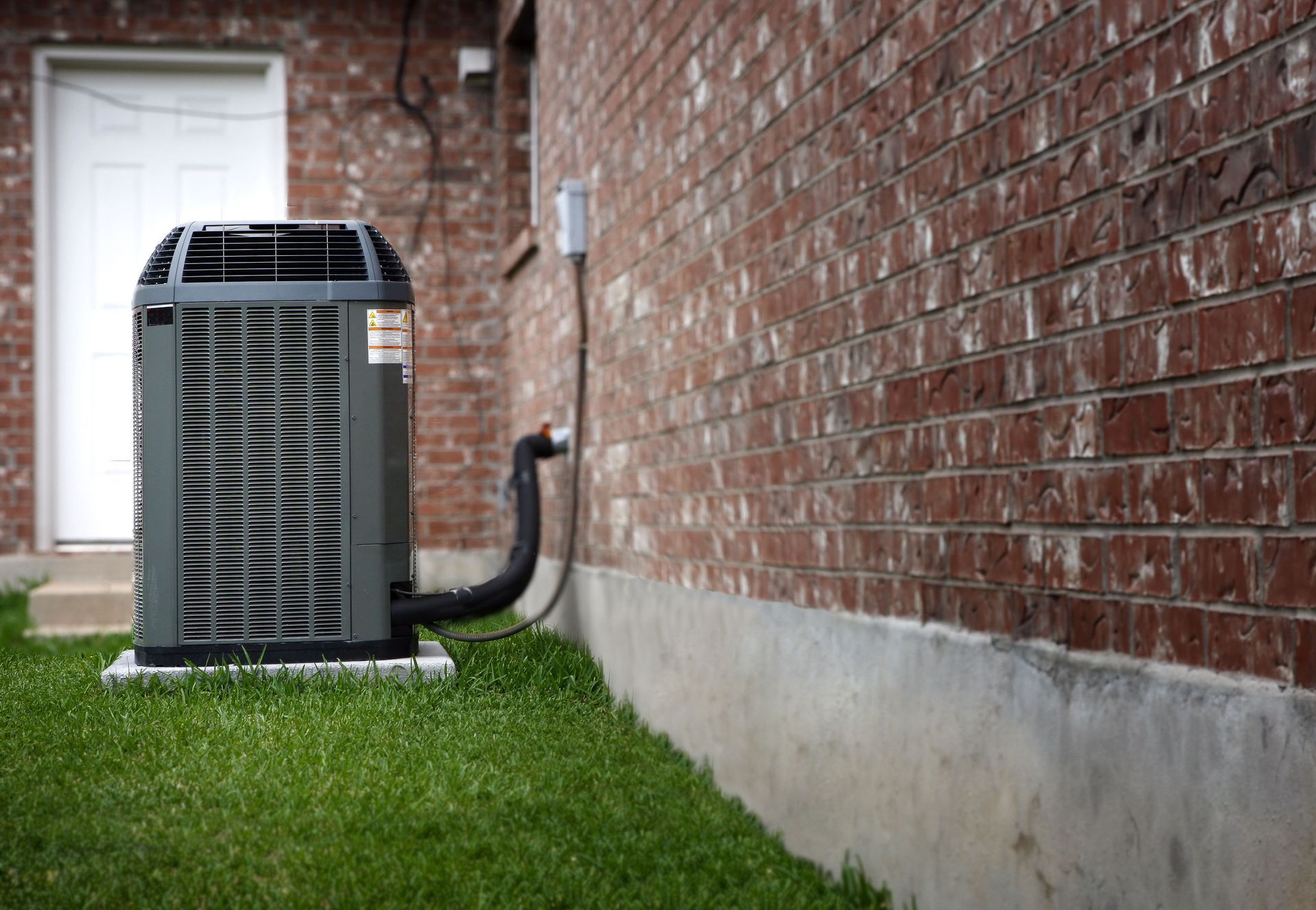
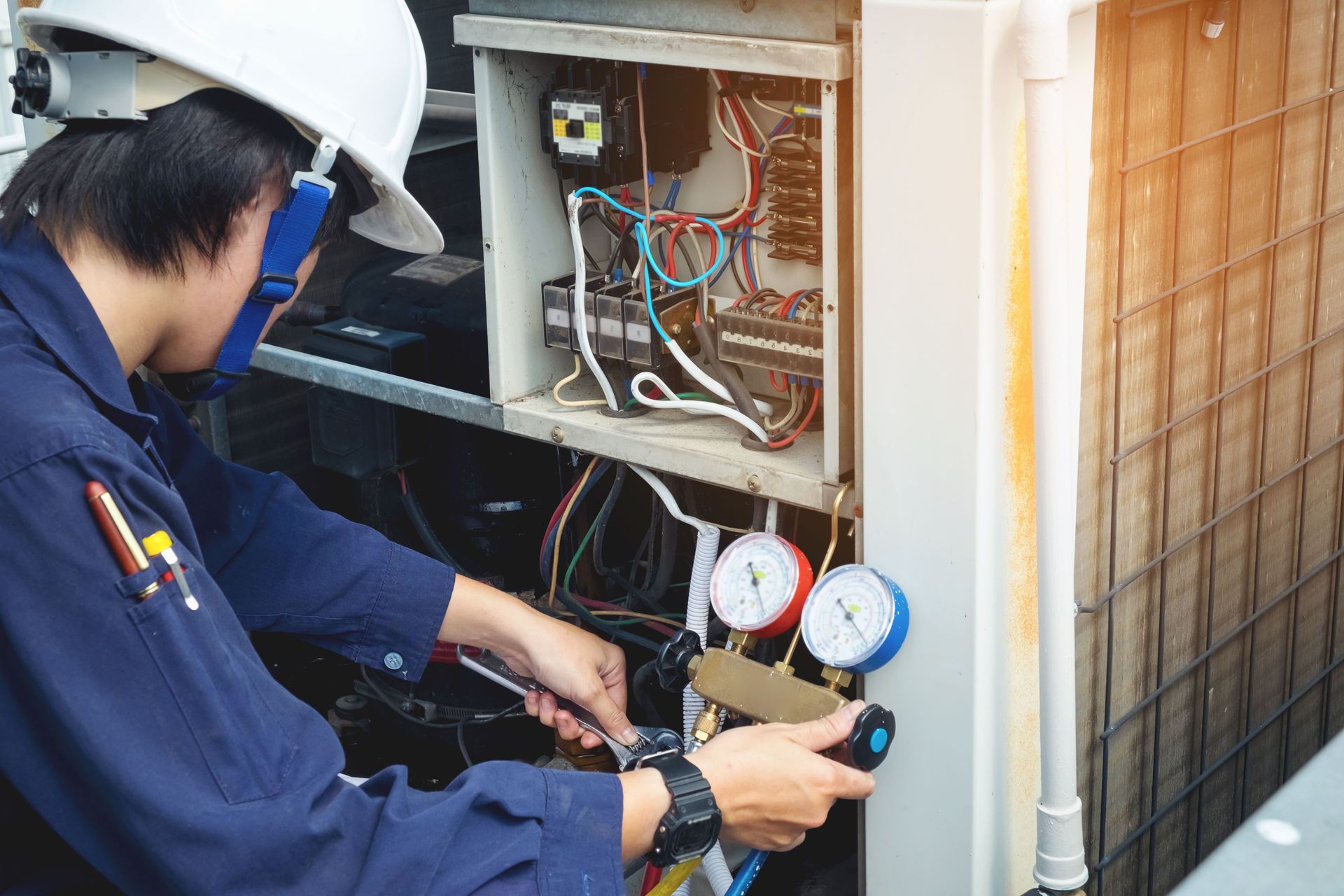
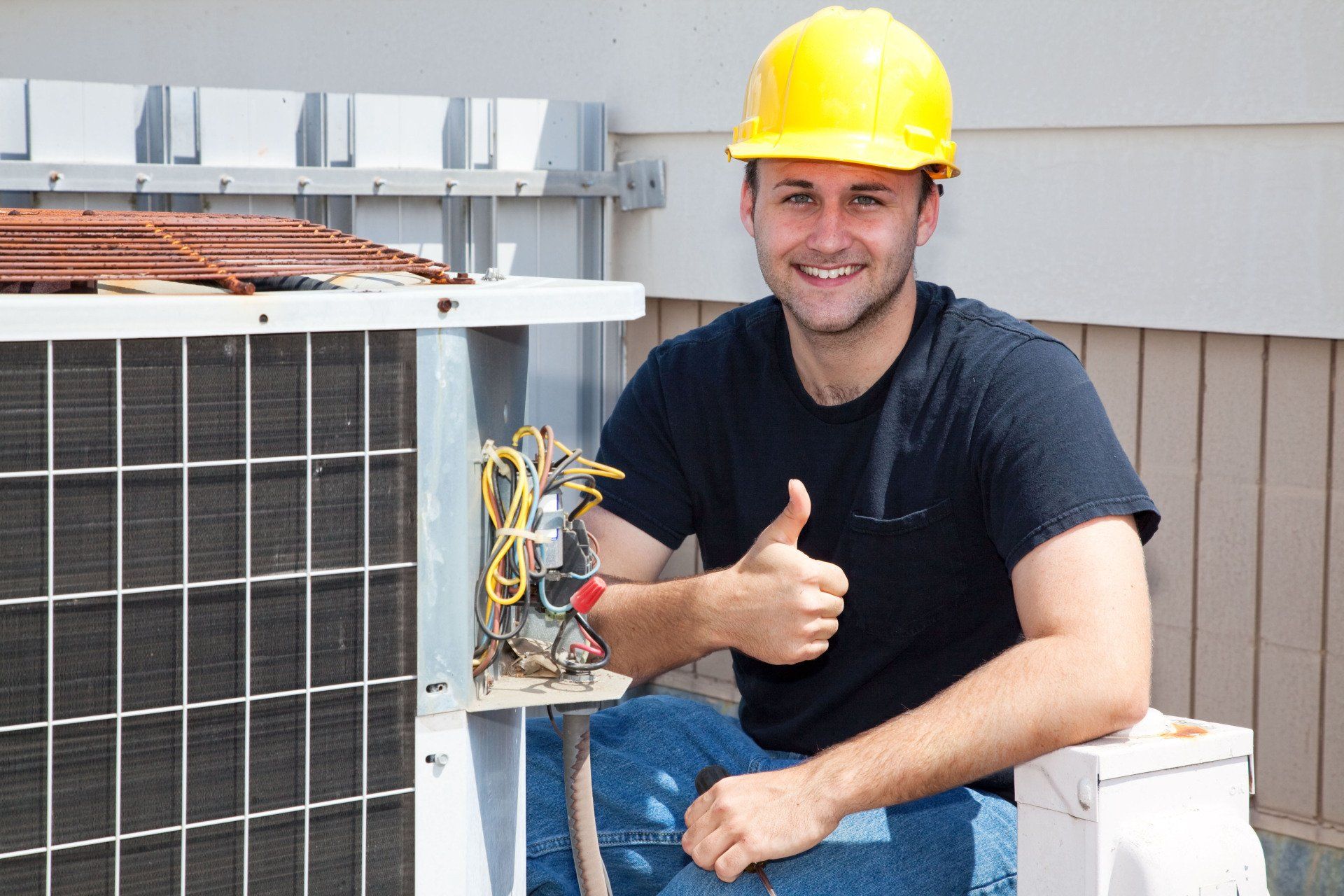
Share On: